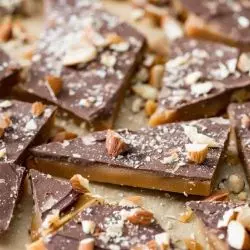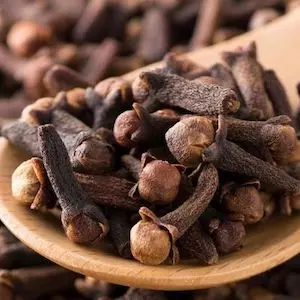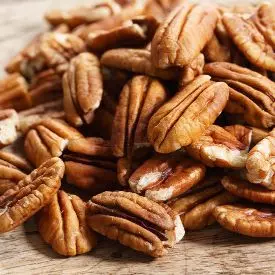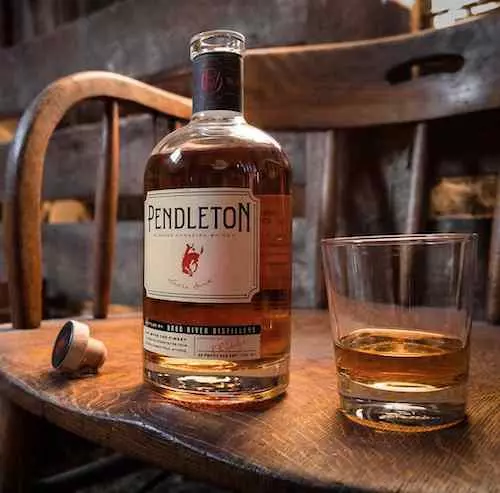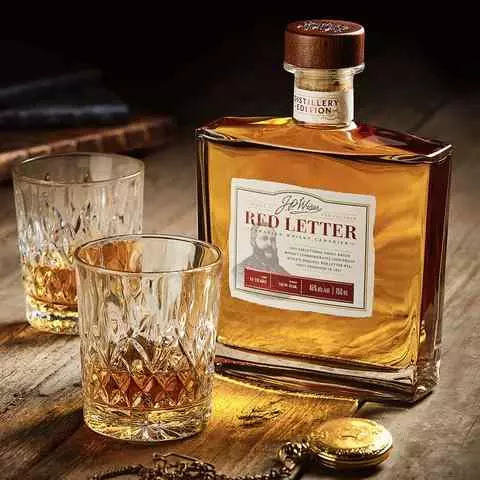Whisky Type Profile - Canadian Whisky

Whisky Type Overview
Historically, in Canada, corn-based whisky that had some rye grain added to the mash bill to give it more flavour came to be called "rye". The regulations under Canada's Food and Drugs Act stipulate the minimum conditions that must be met in order to label a product as "Canadian whisky" or "Canadian Rye Whisky" (or "Rye Whisky")—these are also upheld internationally through geographical indication agreements. These regulations state that whisky must "be mashed, distilled and aged in Canada", "be aged in small wood vessels for not less than three years", "contain not less than 40 per cent alcohol by volume" and "may contain caramel and flavouring". Within these parameters Canadian whiskies can vary considerably, especially with the allowance of "flavouring"—though the additional requirement that they "possess the aroma, taste and character generally attributed to Canadian whisky" can act as a limiting factor. Canadian whiskies are most typically blends of whiskies made from a single grain, principally corn and rye, but also sometimes wheat or barley. Mash bills of multiple grains may also be used for some flavouring whiskies. The availability of inexpensive American corn, with its higher proportion of usable starches relative to other cereal grains, has led it to be most typically used to create base whiskies to which flavouring whiskies are blended in. Exceptions to this include the Highwood Distillery which specializes in using wheat and the Alberta Distillers which developed its own proprietary yeast strain that specializes in distilling rye. The flavouring whiskies are most typically rye whiskies, blended into the product to add most of its flavour and aroma. While Canadian whisky may be labelled as a "rye whisky" this blending technique only necessitates a small percentage (such as 10%) of rye to create the flavour, whereas much more rye would be required if it were added to a mash bill alongside the more readily distilled corn. The base whiskies are distilled to between 180 and 190 proof which results in few congener by-products (such as fusel alcohol, aldehydes, esters, etc.) and creates a lighter taste. By comparison, an American whisky distilled any higher than 160 proof is labelled as "light whiskey". The flavouring whiskies are distilled to a lower proof so that they retain more of the grain's flavour. The relative lightness created by the use of base whiskies makes Canadian whisky useful for mixing into cocktails and highballs. The minimum three year aging in small wood barrels applies to all whiskies used in the blend. As the regulations do not limit the specific type of wood that must be used, a variety of flavours can be achieved by blending whiskies aged in different types of barrels. In addition to new wood barrels, charred or uncharred, flavour can be added by aging whiskies in previously used bourbon or fortified wine barrels for different lengths of time.
Read more...





